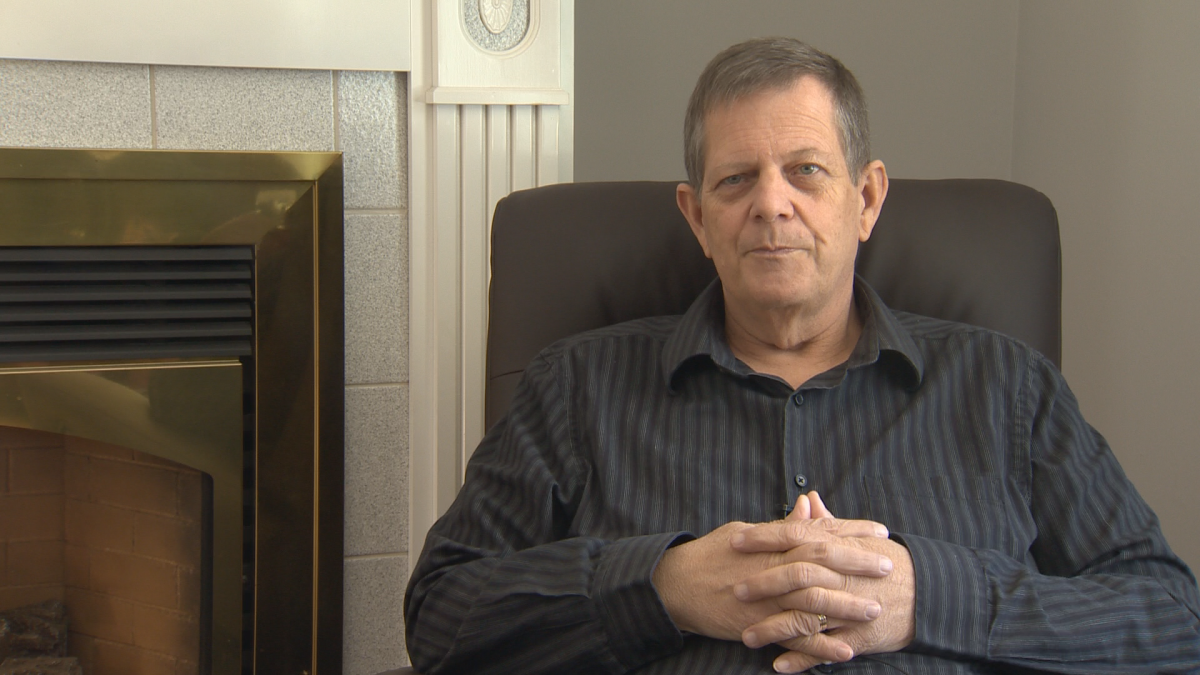A new program in Moncton is testing out a way to increase organ donations by creating an entirely new group of potential donors.

The pilot project out of the Dr-Georges-L.-Dumont University Hospital Centre will allow physicians to retrieve organ donations after cardiovascular deaths (DCD), with consent from families.
Currently, four hospitals in the province can collect organs from donors, but only following neurological deaths.
READ MORE: N.B. man creates a ‘billboard on wheels’ to ask for new kidney
At an announcement at the hospital Thursday, Dr. Rémi LeBlanc, chief of intensive care services at Georges Dumont, said provinces like B.C., Quebec and Ontario have been using the practice for the past decade.
It’s estimated New Brunswick could see an increase in donations by 20 to 30 per cent, based on numbers from those provinces.
The Georges Dumont will be the only hospital to offer the service during the pilot, but there’s possibility to expand to others.
Riverview resident Dan McLaughlin has been waiting for a kidney for about two and-a half years.
He put a decal on his car, sharing his call for help in hopes of finding a match.
“By six o’clock in the evening, I’m wiped,” he says. “I certainly don’t have the energy to do the things that most people like to do.”

Get weekly health news
But Thursday’s announcement gave him a sense of hope.
“The more we can increase the rate of transplantation, the better,” he said.
WATCH: Grieving family of Humboldt Bronco victim work to drive up number of Canadian organ donors

The new pilot project has been in the works for at least the last year and will be a joint effort, according to hospital staff.
“There’s a lot of people involved,” says Dr. Isabelle-Anne Girouard, an ER physician.
“The [operating room] is involved, the ICU is involved, Halifax [transplant services] is involved as we don’t have a transplant team here in New Brunswick.”
McLaughlin says since families have the final say, it’s a discussion people should be having.
“I think everybody should consider being an organ donor,” McLaughlin says.
“Like they said, nearly 90 per cent agreed, but only 20 per cent have signed up.”






Comments
Want to discuss? Please read our Commenting Policy first.